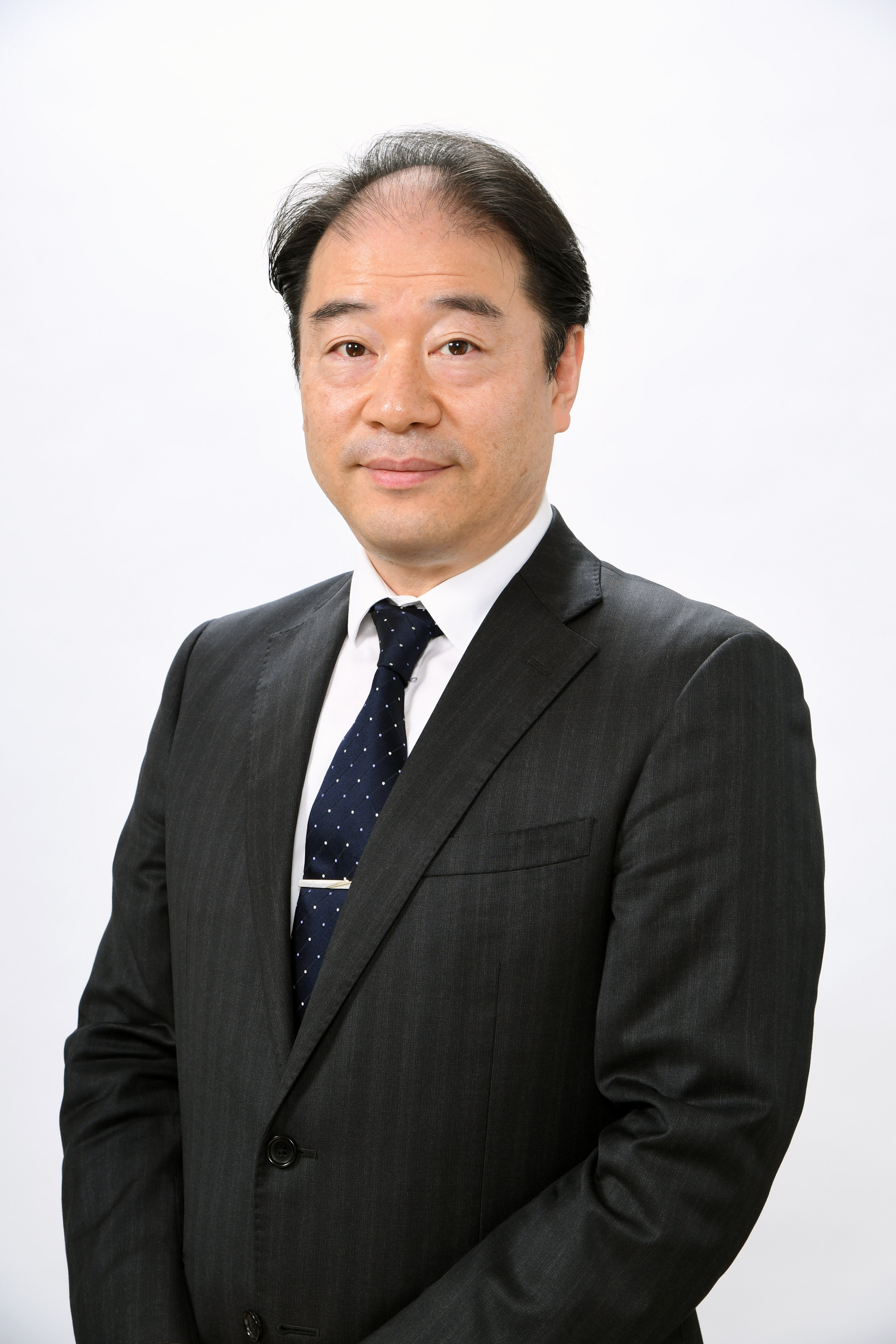- Faculty of International Politics, Economics and Communication
- Department of International Politics
- Department of International Economics
- Department of International Communication
- Other Seminar Instructors
Faculty of International Politics, Economics and Communication
Shizu Maekawa
Department of International Politics
Tatsuya Abe
- Seminar
- Rule of Law in the International Community
Students will learn the basic concepts and methods of international law through study of major judicial precedents. Through this work, they will improve their abilities in logical thought and critical analysis.
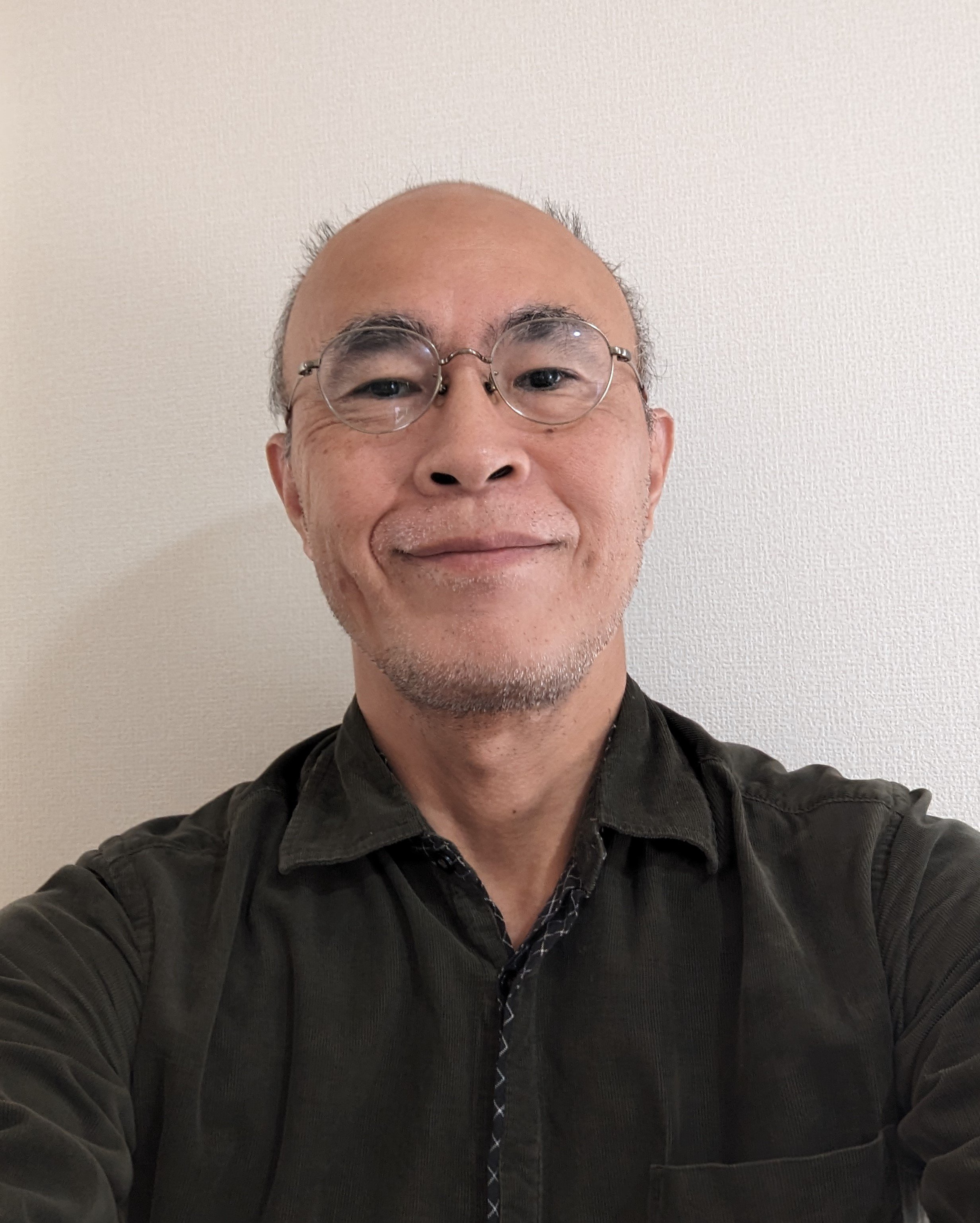
Yasuhiro Izumikawa
- Seminar
- This seminar aims to enable students to analyze theoretically and empirically diverse types of security and foreign policy problems, focusing on (but not limited to) alliance politics, great power competitions, and military/diplomatic conflicts.
Lim Jaehwan
- Seminar
- Contemporary Chinese politics and diplomacy
This seminar welcomes everyone who wants to think and talk about China intellectually and systematically and to be critical of all the stereotypes and “myths” about China.
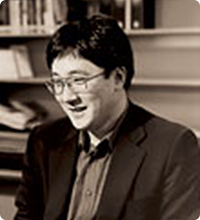
Tadashi Kuramatsu
- Seminar
- History of International Relations: Beyond the “History of Single-Country Diplomacy”
By deeply learning history, known as the “grandfather of all learning,” we will go beyond the framework of “the history of single-country diplomacy,” which examines history from the perspective of one country, to study the history of international relations in a multilateral way, from the perspectives of multiple countries.
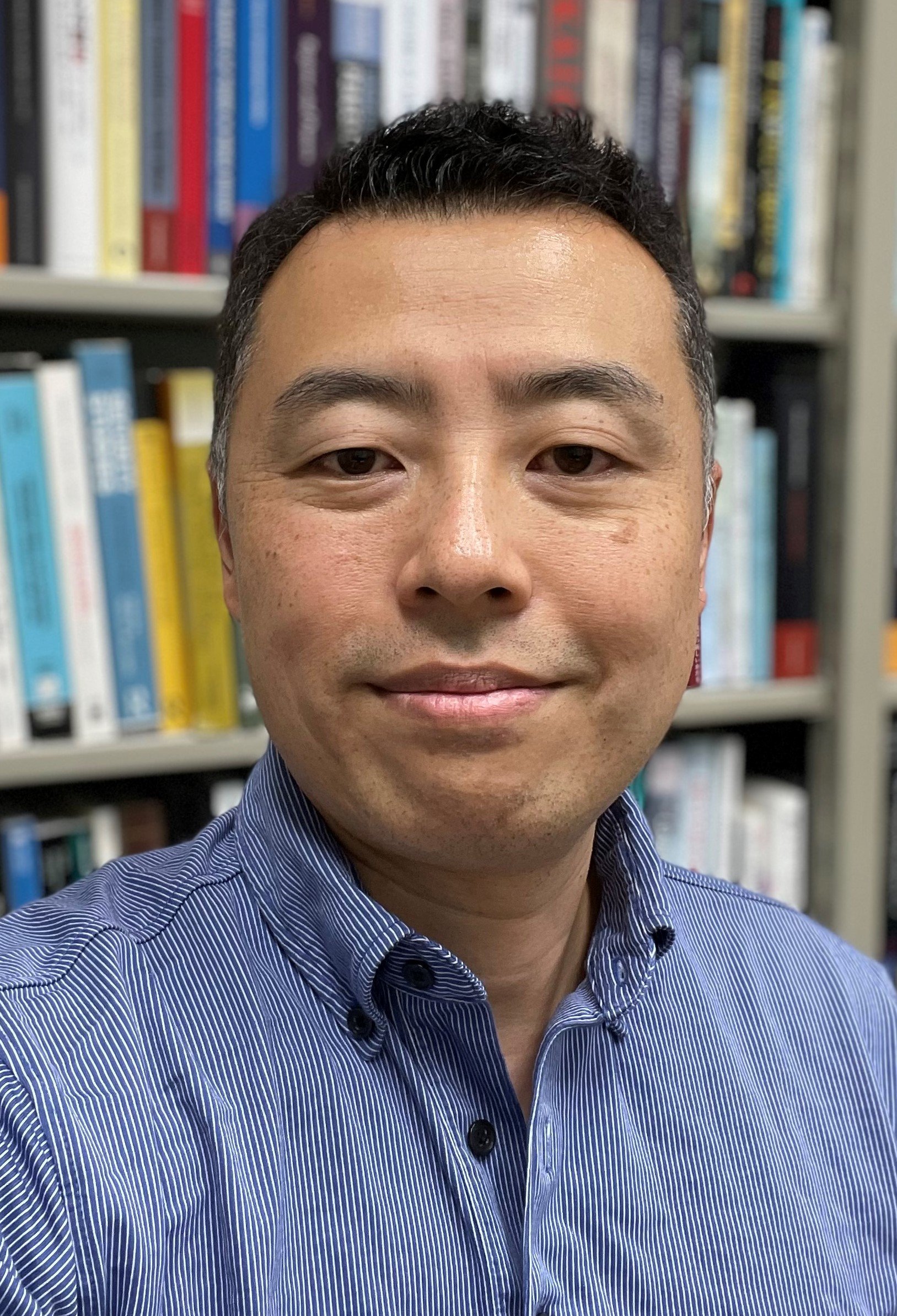
Kentaro Sakuwa
- Seminar
- Empirical Analysis of International Relations
The goal of the seminar is to develop skills to theoretically understand important issues in international relations such as conflict and security, foreign policy, and international organizations and to generate new knowledge through systematic analysis of statistical data. This seminar is taught in English. Please check the seminar website for details.
Takuya Matsuda
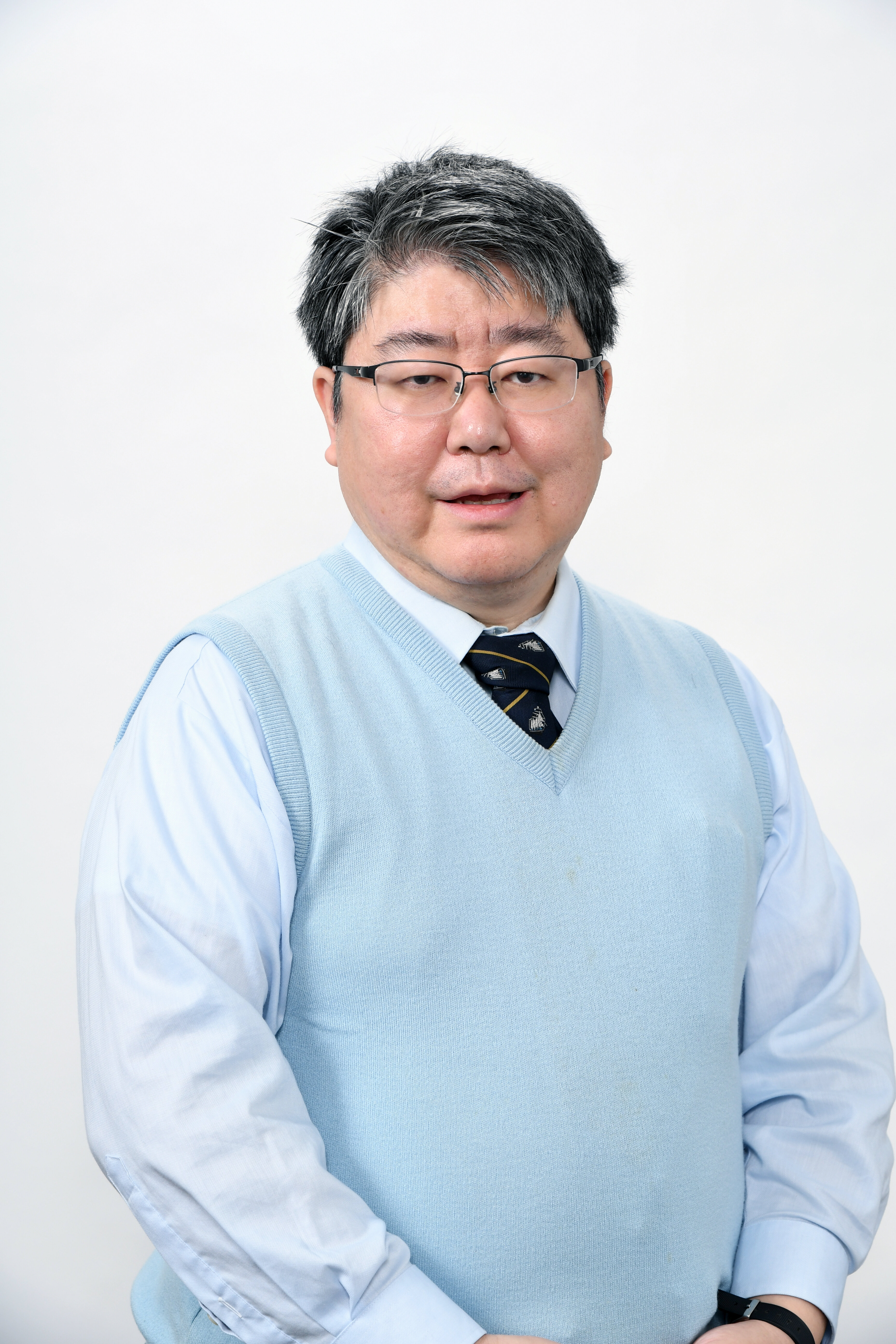
Okiyoshi Takeda
- Seminar
- Politics and Society in the United States of America
In this seminar, we will discuss multiple aspects of contemporary American politics and society, such as the 2016 and 2020 presidential elections, political participation, ethnic and racial relations, and social issues like gun control. We will approach these issues from multidisciplinary perspectives, not being confined to political science in a narrow sense.

Ken Takeda
- Seminar
- Politics of European Integration
What factors are considered to have contributed to the development of European integration? How has the EU reformed its institutions and policies in response to recent crisis? In this seminar, students will study a variety of topics concerning the past, present and future of European integration.
Tomohiko Satake
- Seminar
- This seminar aims at deepening our understanding of the countries and various issues in Asia-Pacific (or Indo-Pacific), through literature reviews and discussions.
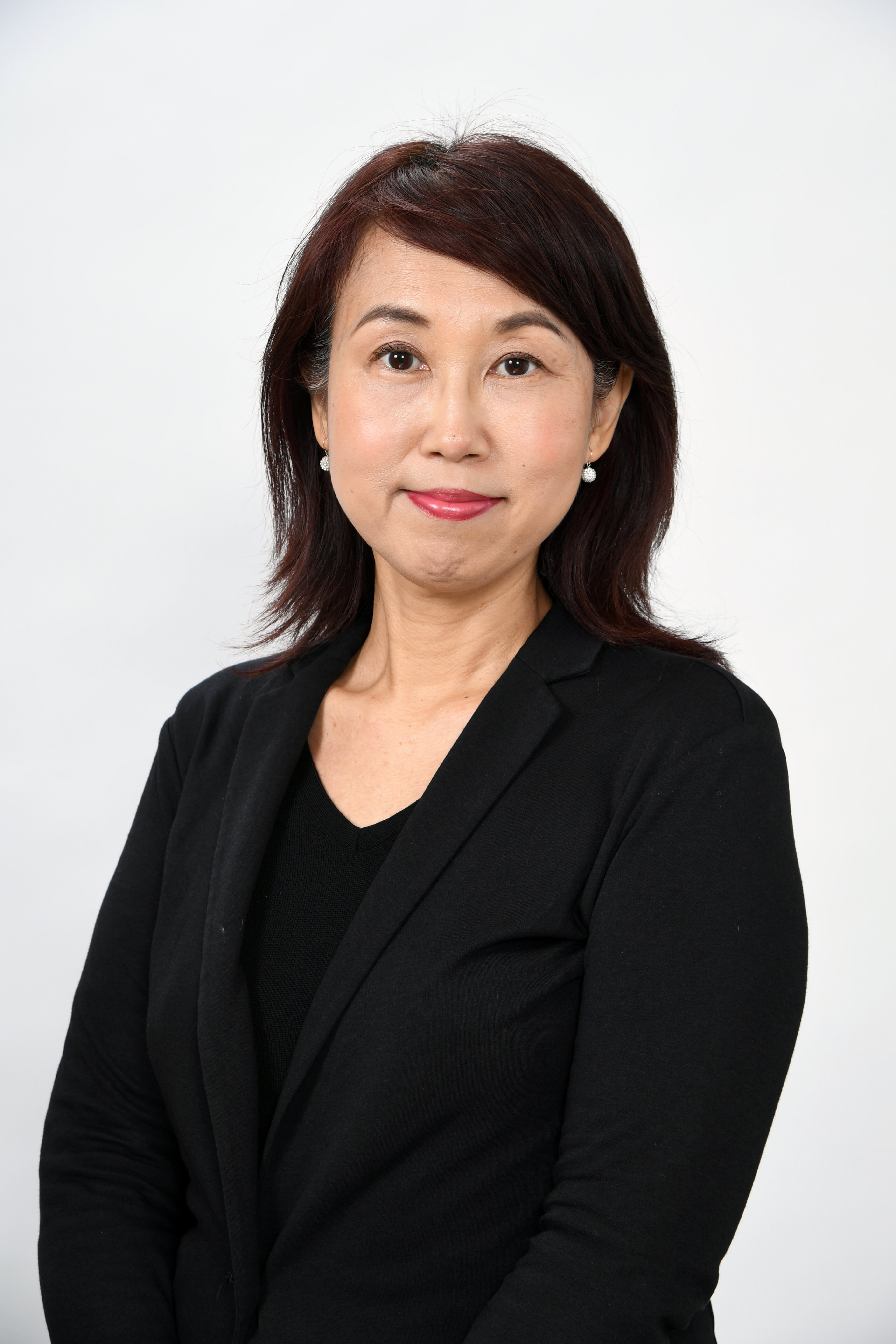
Hiromi Fujishige
- Seminar
- Problematique in Globalization
This seminar will cover issues that have become more complicated with the rise of globalism: conflict and peace; cross-border security concerns; development, poverty, and gender; the international order founded on liberalism and democracy and its limitations. The seminar will also cover the role of the UN and international cooperation in resolving these various issues. Research activities will be conducted in English.
Boyd James Patrick
- Seminar
- Political Development in Japan and Asia
This seminar is for students interested in topics involving political development in Japan and Asia.
Yumi Nakayama
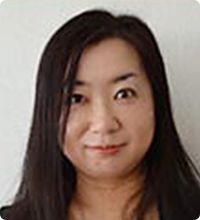
Rie Watanabe
- Seminar
- Comparative Environmental Politics, Policy, and Paradigm Shifts
How do massive policy shifts take place? What happens when there is a shift in a paradigm underlying the roots of society? In this seminar, we will examine these questions using environmental policy (especially climate and energy policies in Japan and Germany) as case examples.
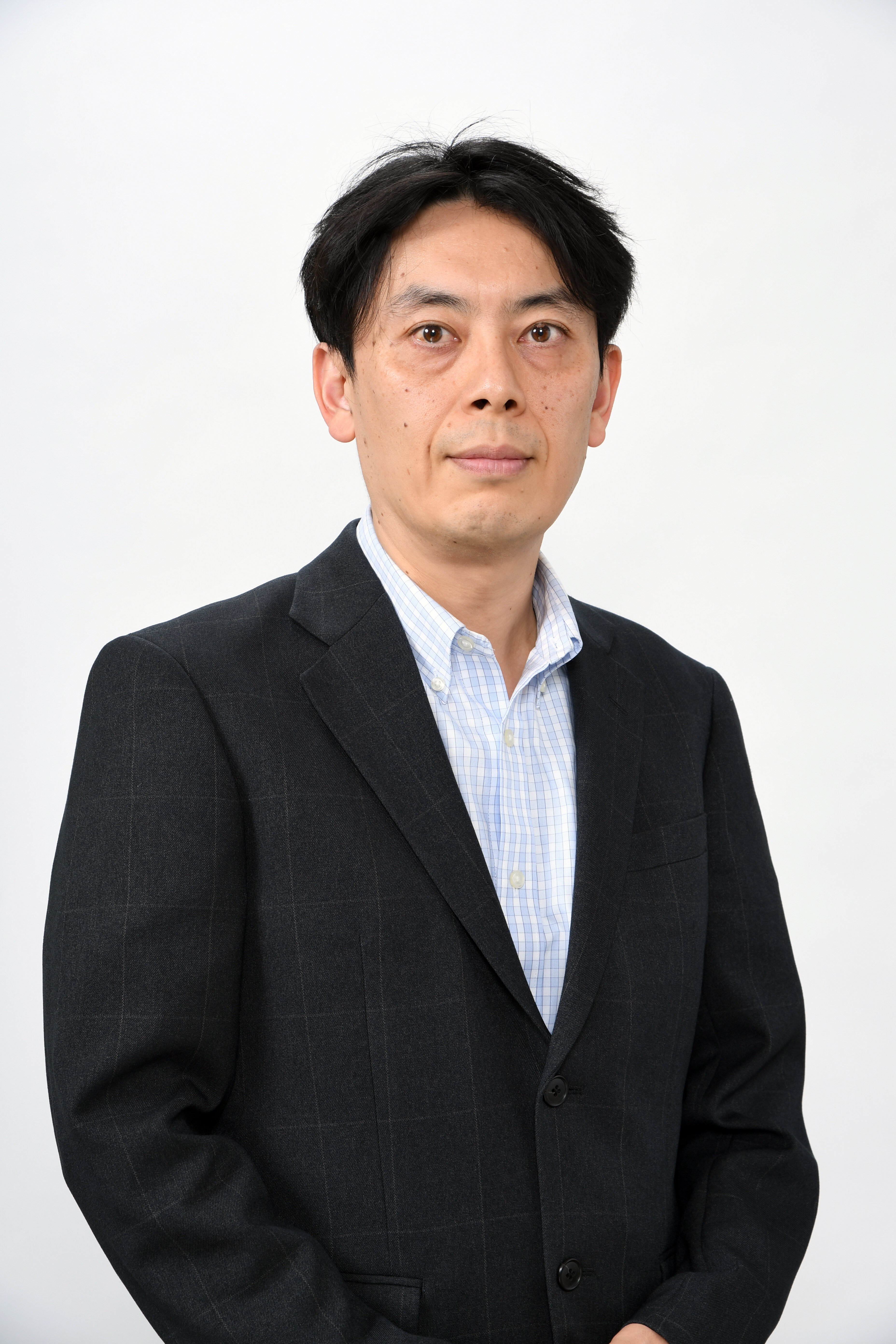
Hironori Wada
- Seminar
- Political Economics of Globalization
We will approach the international systems and rules that are applied to the globalizing market economy from perspectives of both politics and economics.
Department of International Economics
Tatsuya Uchida
- Seminar
- An Economic Analysis of Society, Organizations, and My Own Problems
How do the doubts and resentments you feel in your own life relate to society, and how do society’s problems relate to you? Through careful examination and economic analysis, we will cultivate the ability to get to the heart of the issues and resolve them.
Yoshihide Uchiyama
- Seminar
- Empirical Studies of Japanese and International Economic Issues
Each student will select topics of interest to them in economics in Japan and internationally, employing an economic perspective to conduct empirical examinations based on objective facts and data, and collecting their findings in a thesis.
Tomohito Okabe
- Seminar
-
We will research specific applications of the data analysis required in various areas of society, such as business, public agencies, manufacturing, and hospitals.
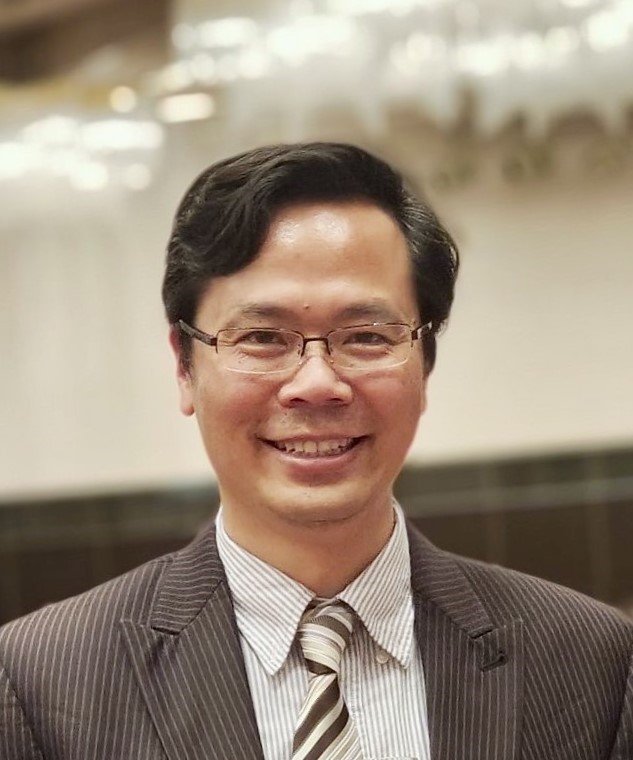
NGUYEN Quoc Hung
- Seminar
- Analysis of Global Economy and Finance
We apply economics and analytical skills to conduct research on international and macroeconomic issues, with a specific focus on addressing the challenges posed by dramatic shifts in technology and demographics within the global economy.
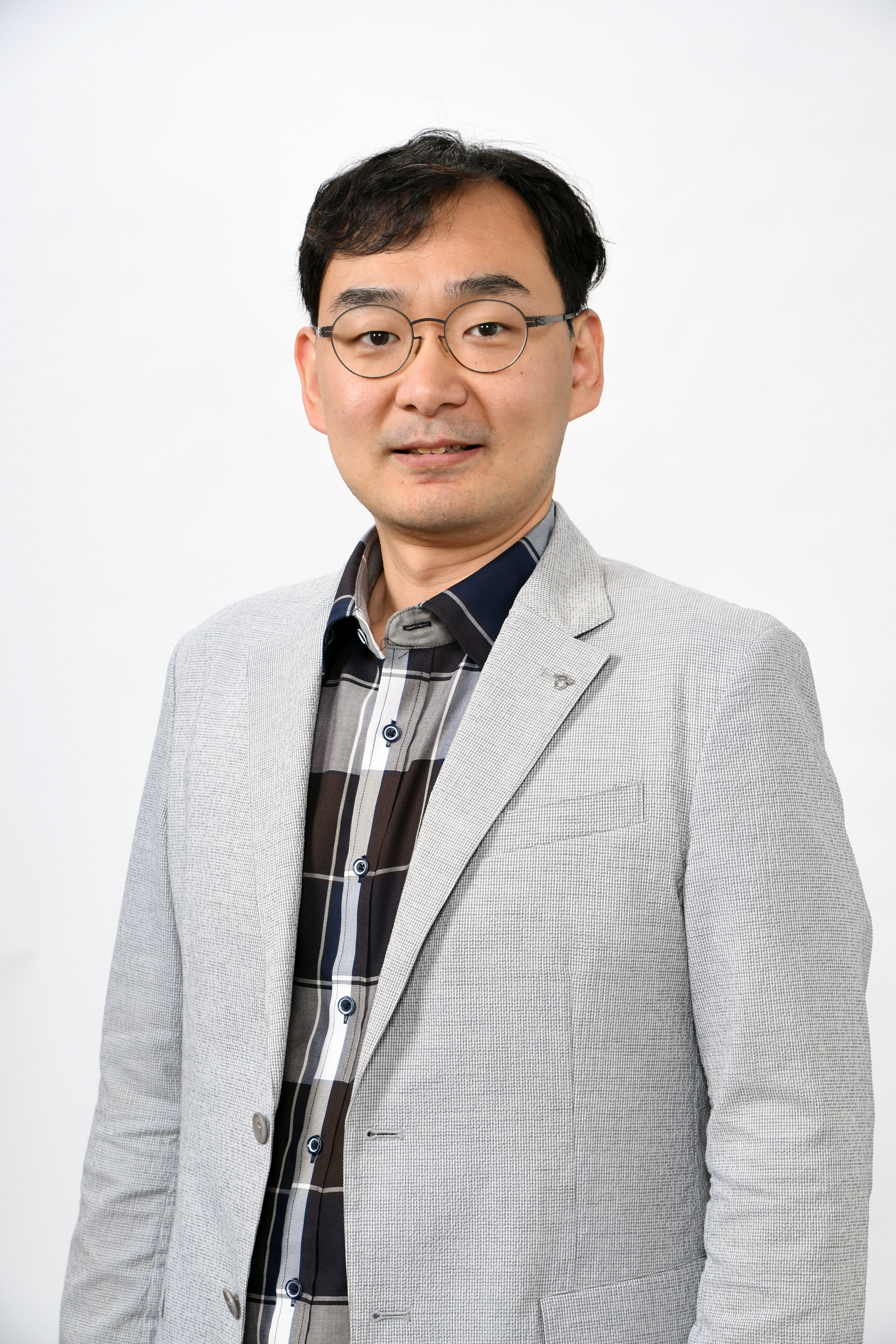
Seung-Gyu Sim
- Seminar
- International Policy Competition and Cooperation
We will conduct joint research on a wide range of economic issues related to international competition and cooperation among governments. In doing so, we will learn basic stuffs of microeconomics.
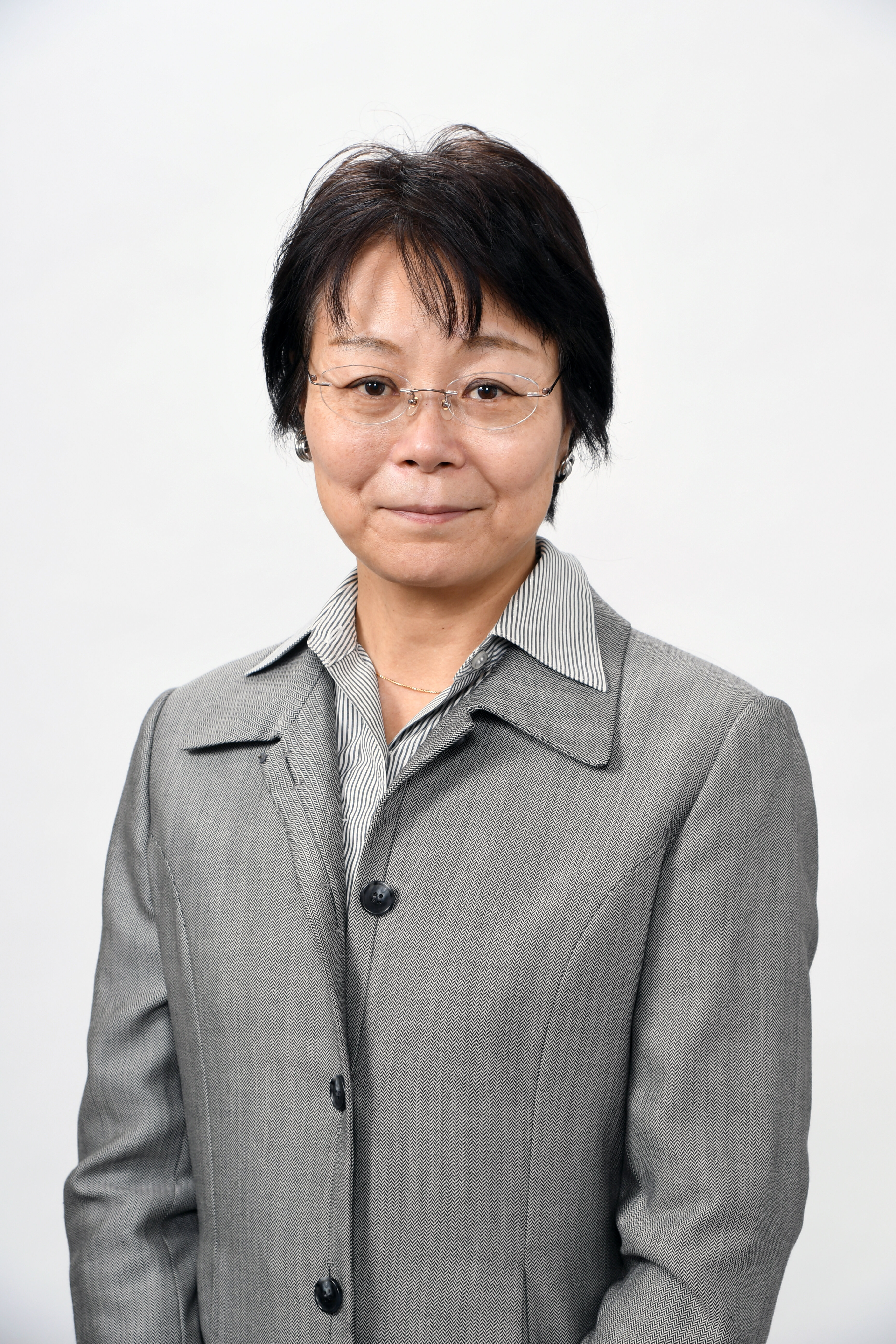
Kami Seo
- Seminar
- Environmental Economics and Risk Studies
In this seminar, we will study decision-making and optimal resource allocation in the presence of various risks and uncertainties, from such worldwide environmental risks as global warming, to nearby environmental risks such as urbanization and waste management issues.
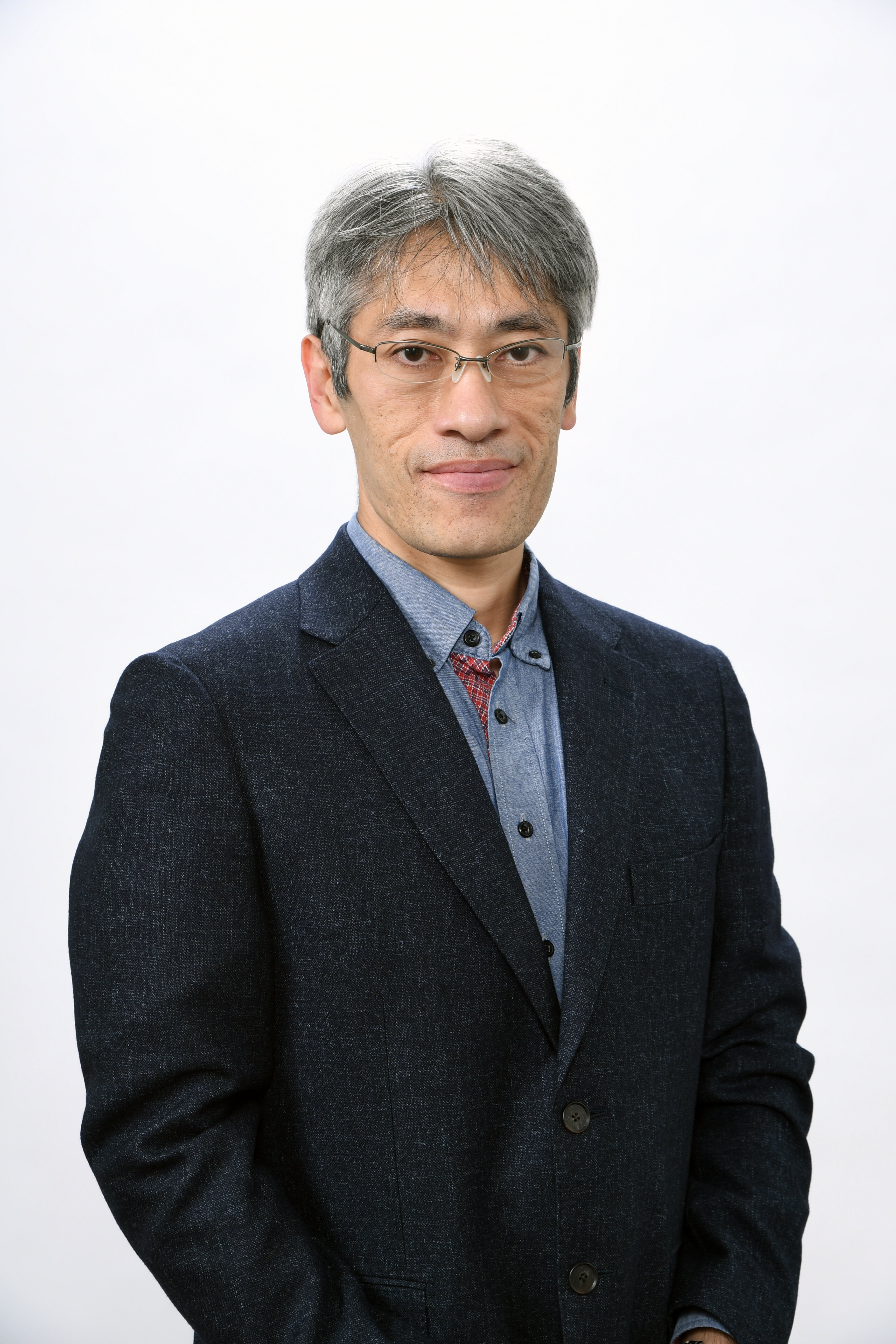
Kenshi Taketa
- Seminar
- Japan and the International Economy
In this seminar, we will use globally influential research findings to obtain a basic understanding of Japan and the international economy, and we will use statistics and economics to analyze topics related to Japan or the international economy.
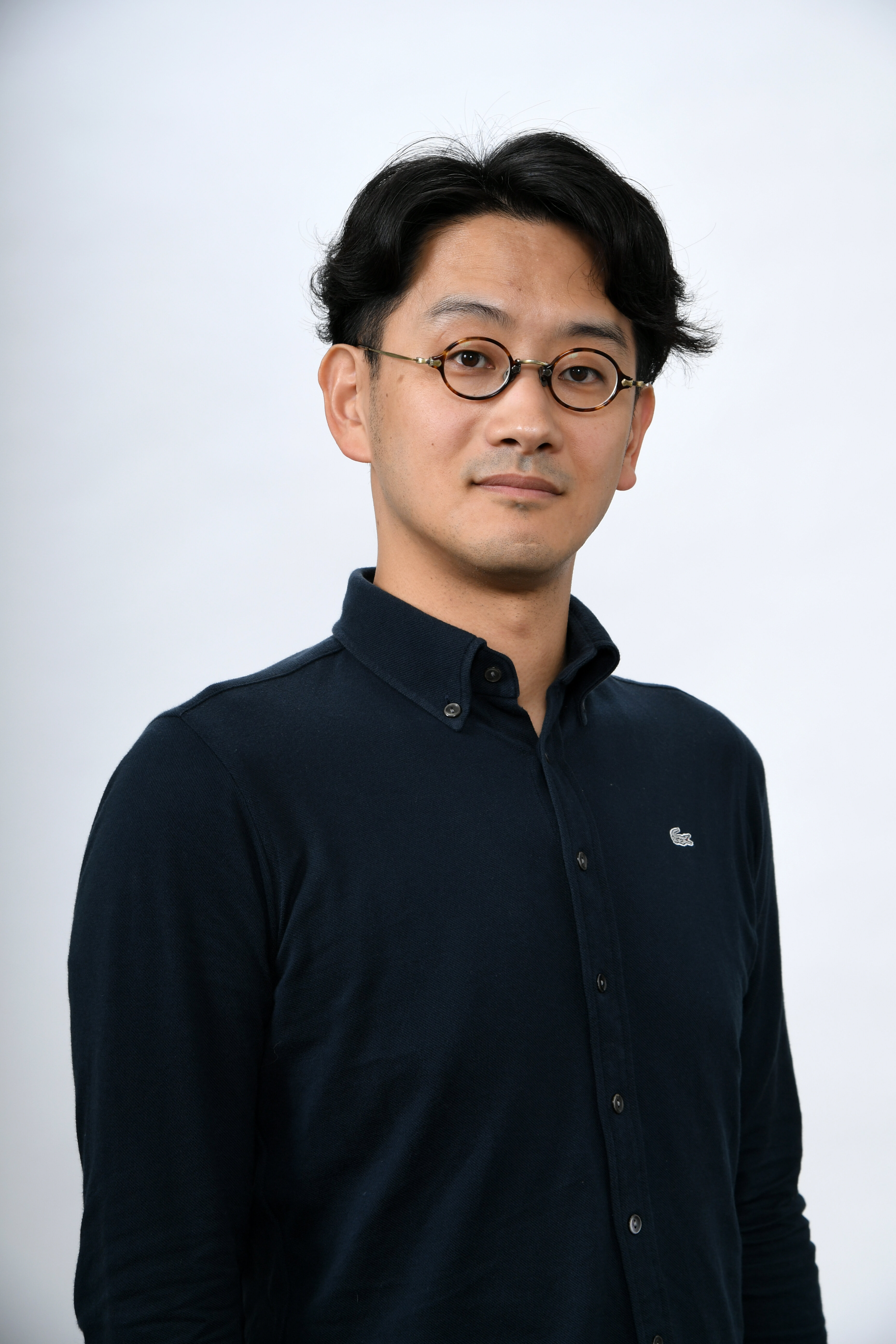
Yoshitaka Tsuruta
- Seminar
- Data Analysis of Corporate Activities and Policies for Regulation and Competition
We will analyze issues related to corporate activities and incentives (diversification, multi-nationalization, direct investments, M&A, R&D, innovation, cartels, consultations, etc.) and analyze various regulation and competition policies made by government ministries and the Japan Fair Trade Commission.
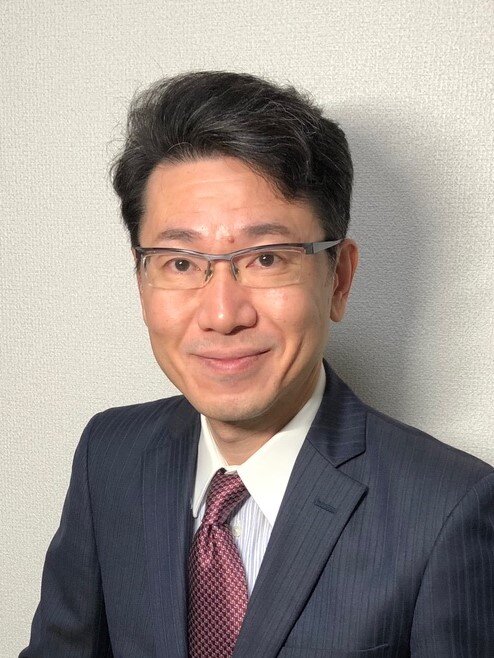
Akinori Tomohara
- Seminar
- Issues Faced by the Global Economy
Starting with an awareness of the concerns in resolving issues facing the current economy, we will consider solution strategies by comparing and examining similar historical economic events.
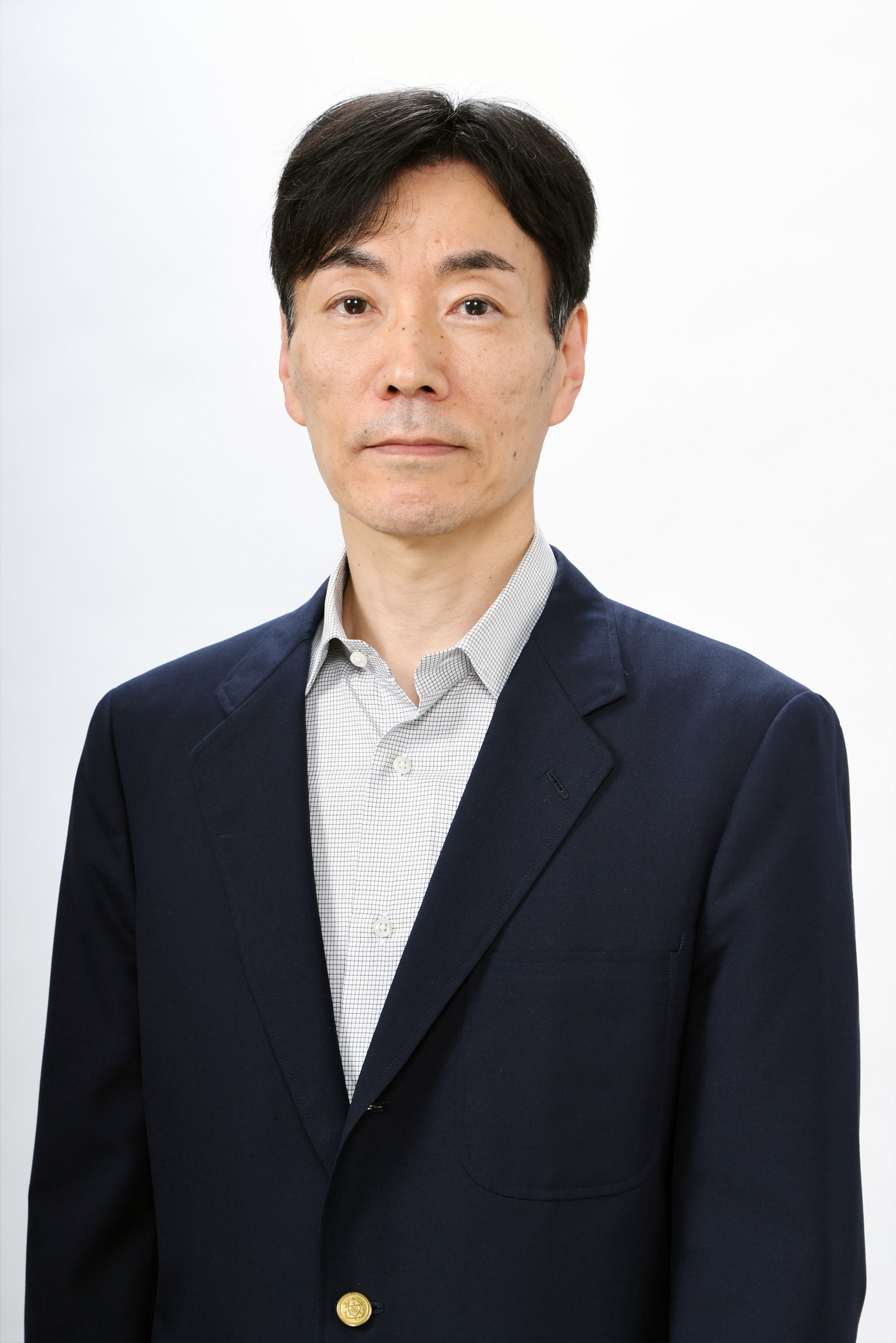
Hironobu Nakagawa
- Seminar
- International Economic Issues
With a focus on international trade, finance, macroeconomics, and environmental issues, students will examine a broad range of topics, practicing and experiencing the study of economics, to gain balanced knowledge and good judgment.

Nobuaki Yamashita
- Seminar
- In our research group, we discuss various economic issues and solutions from a global perspective. Additionally, we focus on topics related to impact evaluation, which is a cornerstone of projects by international organizations like the World Bank. We also learn statistical analysis tools, such as R and Python, to prepare ourselves for an increasingly data-driven society. Our seminars are primarily conducted in English.
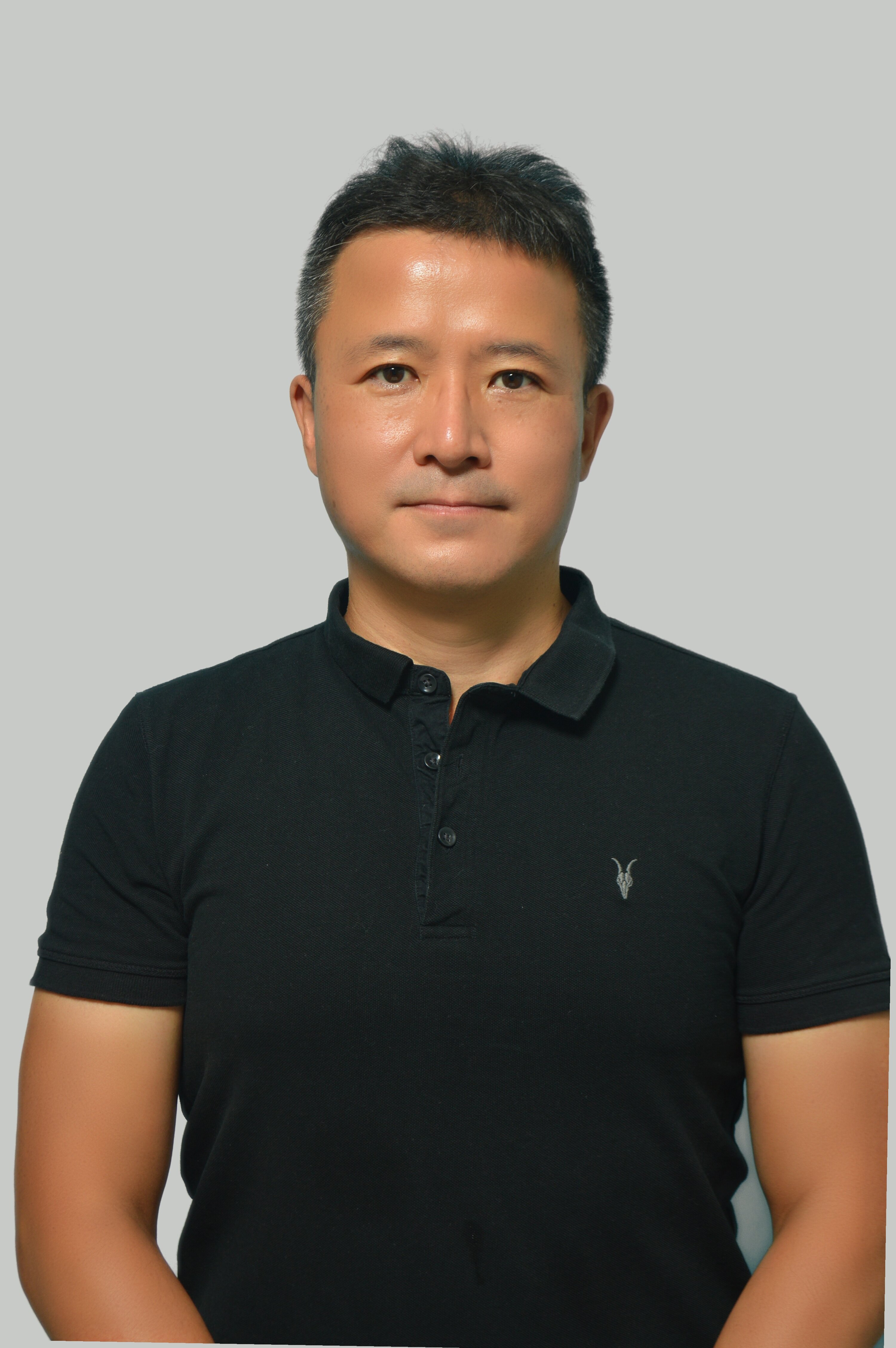
Chikayoshi Nomura
- Seminar
- Global Economic History
How has long-term human networking formed the basis of the economic society in which we live today? We will answer this question by employing the methods of economic history, history, and economics.
Hiroki Kato
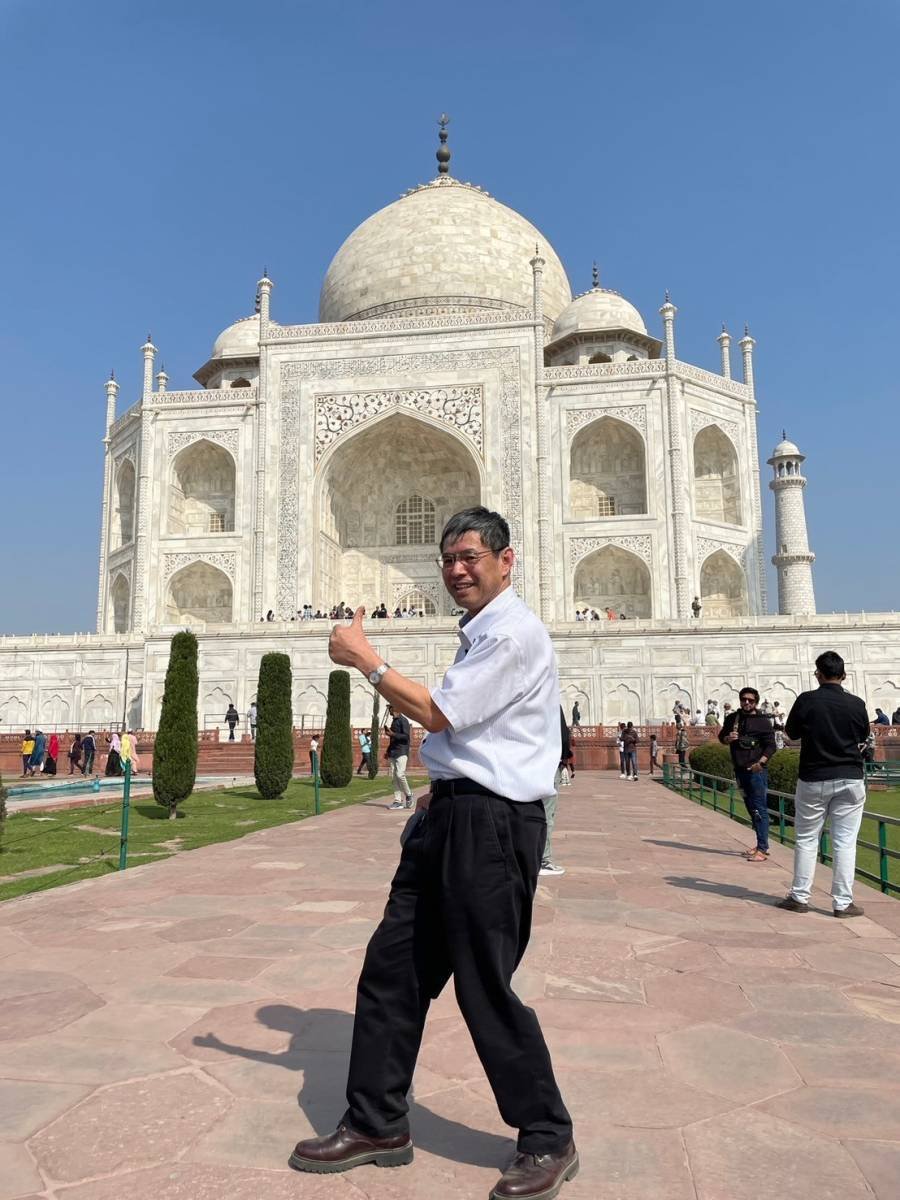
Koichi Fujita
- Seminar
- Development and Socoeconomic Change in Developing World
Understanding variuos problems faced by people in developing countries in the shift of economy from agri-based to non-agri based, including policy initiatives, people's decision-makings, etc.
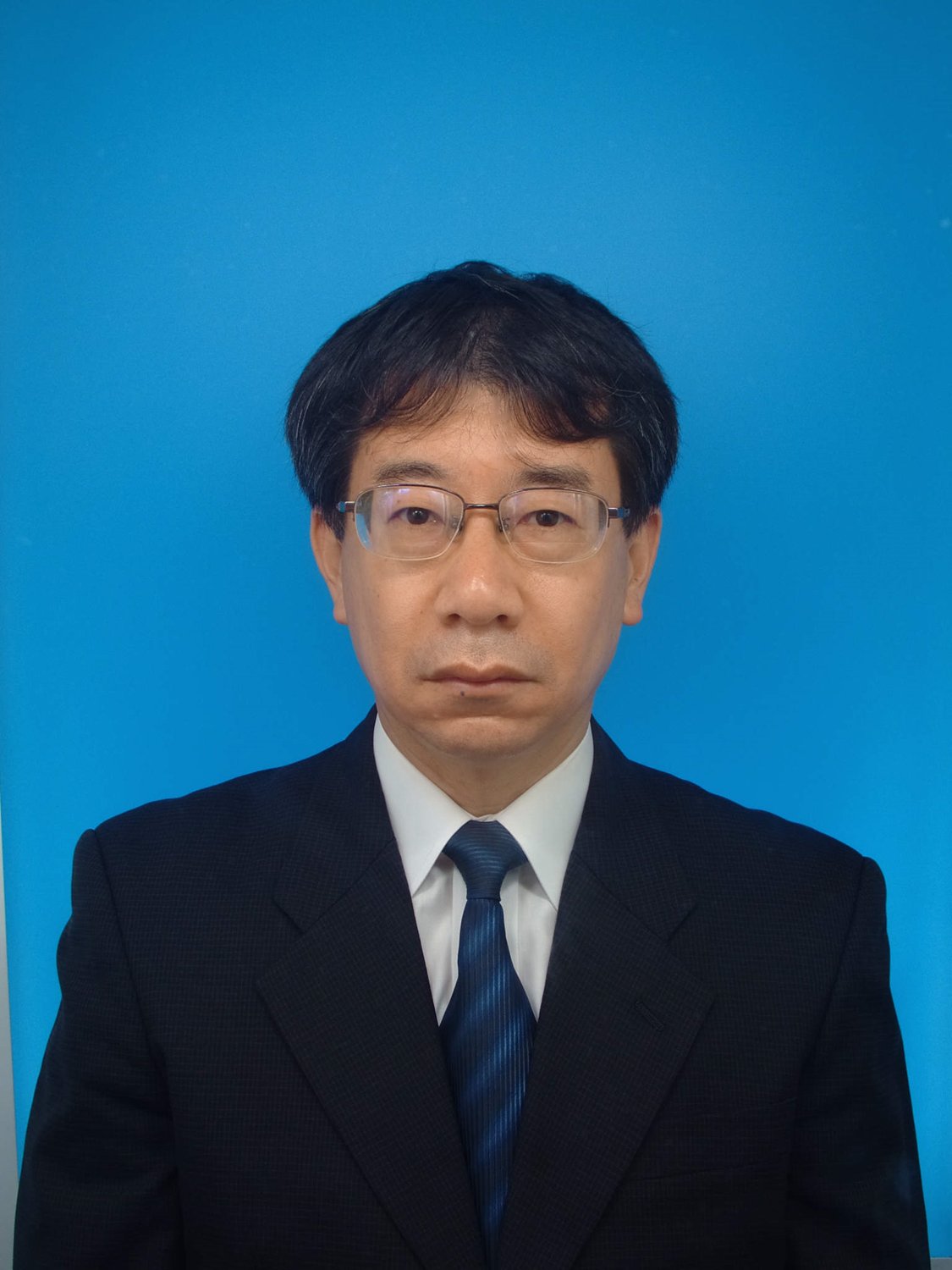
Yasuharu Shimamura
- Seminar
- Sustainable Community Development for Poverty Alleviation in Asia and Africa
The main objective of the seminar is to deepen understanding of agenda linked to economic development, particularly in low- and middle-income countries.
Department of International Communication
Ayuchi Toritsuka
- Seminar
- Cultura y Sociedad de Latinoamérica
A través de lecturas y debates estudiamos sobre la cultura, la sociedad y la historia latinoamericanas, e investigamos las relaciones entre América Latina y el mundo.
Latin American Culture and Society
We will study Latin American culture, society and history by reading texts and discussions. We investigate relations between Latin America and the world.
Hajime Ikawa
- Seminar
- The Structure of Language
After learning fundamental approaches to linguistic analysis, we will use discussion to cultivate an understanding of the topics based on students’ own interests.
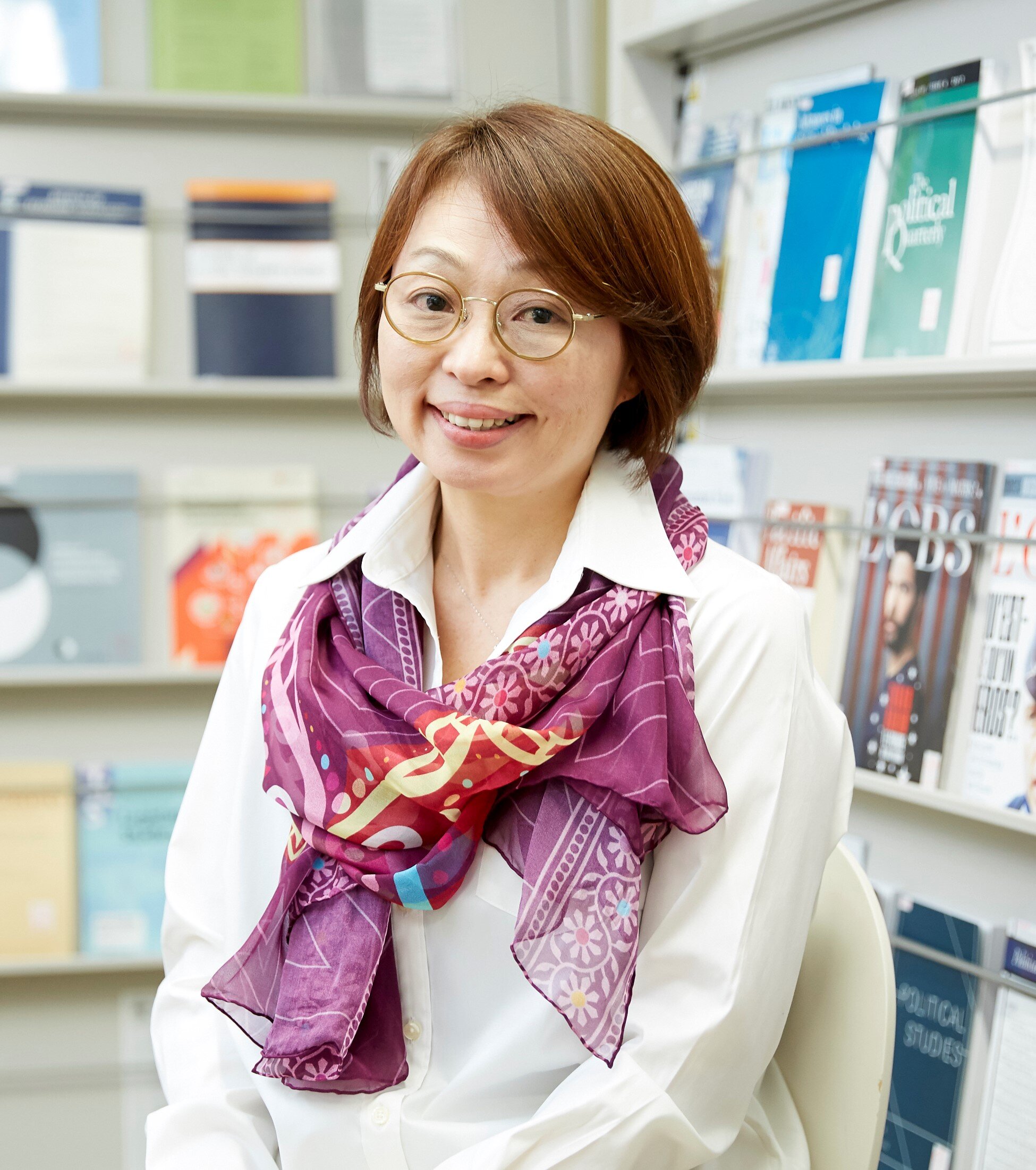
Hisako Kakai
- Seminar
- Aspects of Multicultural Societies
In many places throughout the world, there are issues that arise due to differences among ethnic groups and value systems. We will examine the underlying cultures and use a psychological approach to explore the effects of culture on human social behavior.
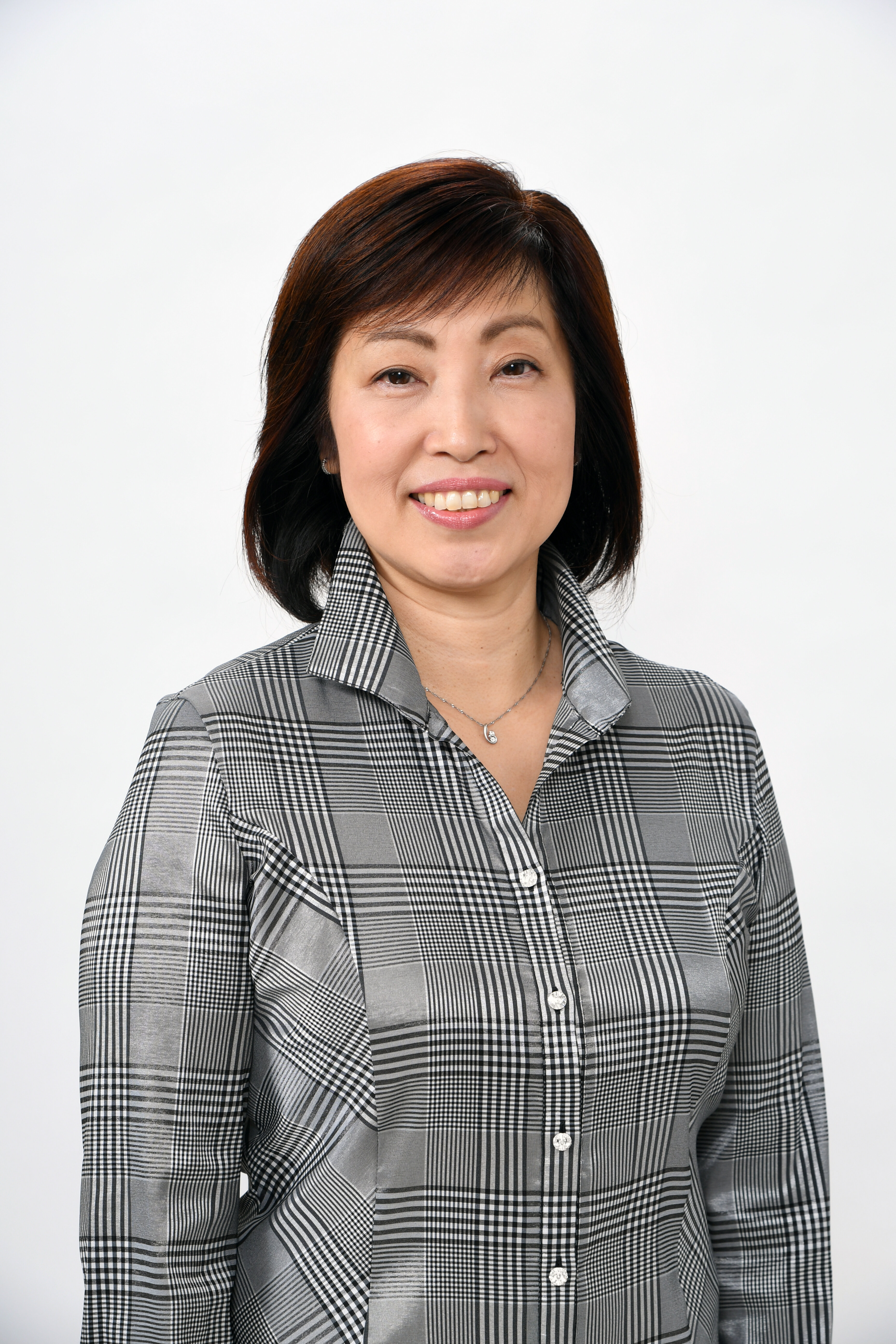
Eriko Katsumata
- Seminar
- Intercultural Communication in Multicultural Societies
The seminar develops critical understanding of intercultural communication and education in the context of global movements of people and the internationalization of education.
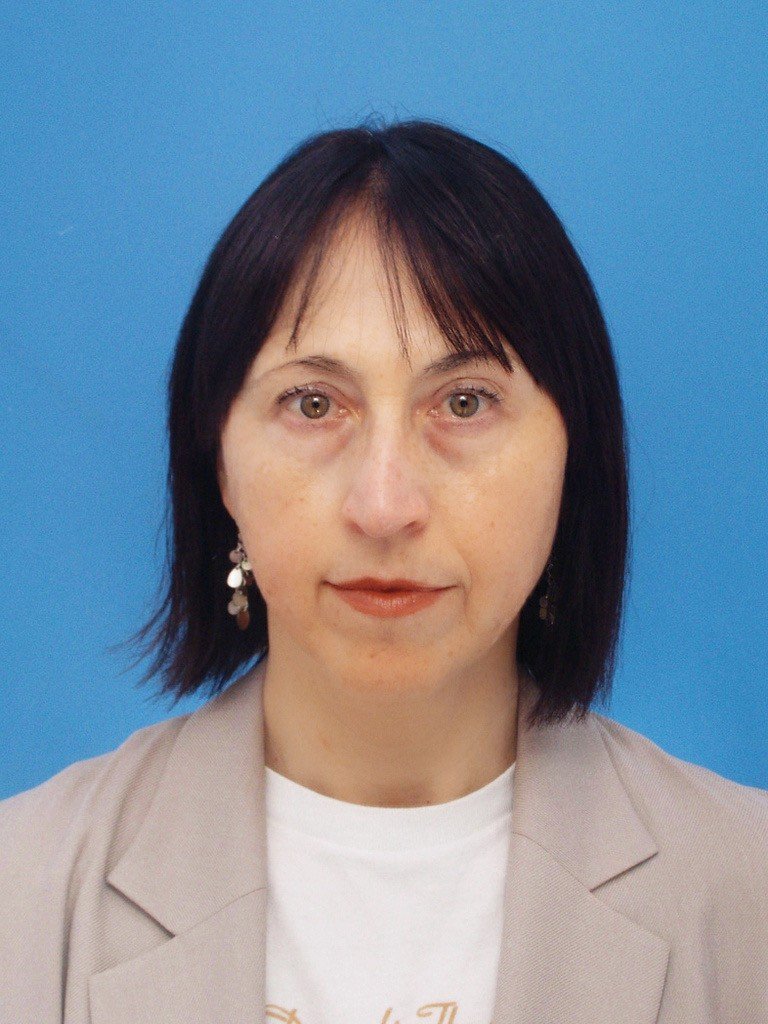
Katharine Okumura
- Seminar
- Immigration and Japan
The purpose of this seminar is to develop knowledge, awareness, and informed perspectives on issues related to immigration
in Japan. The seminar is conducted entirely in English, including presentations, group discussions, and the final thesis.
Toshihiro Kokubu
- Seminar
- French Culture and Society
We will cultivate an understanding of “representational culture” in the form of films, literature, fine art, architecture, academics, comic books, and television programs.
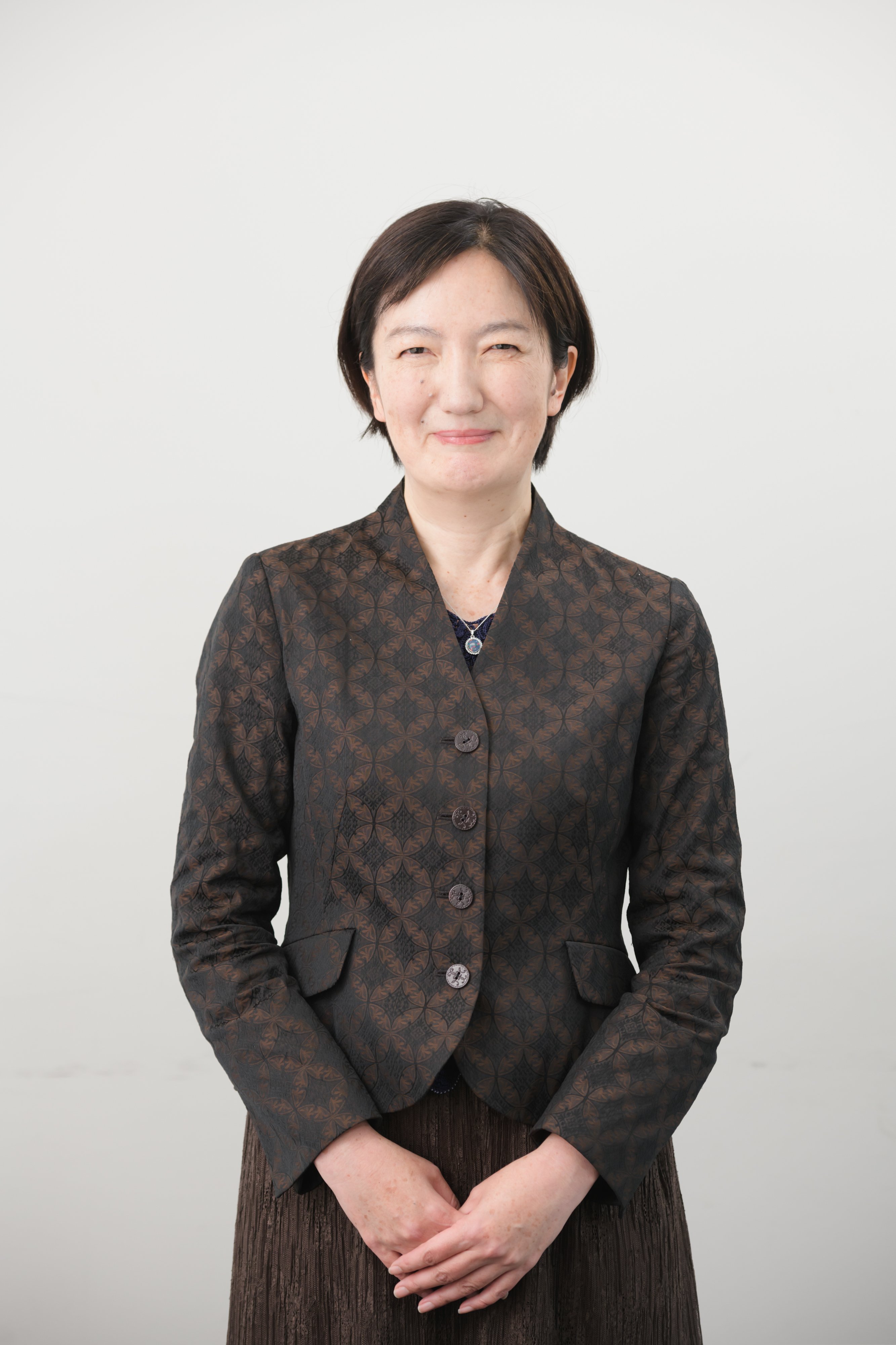
Junko Saruhashi
- Seminar
- Urban Sociolinguistics
Through conducting fieldwork around the Aoyama campus, we gain insights into language use, choice, and the underlying beliefs of the people in metropolitan areas. Additionally, we will discuss language policy and management issues.
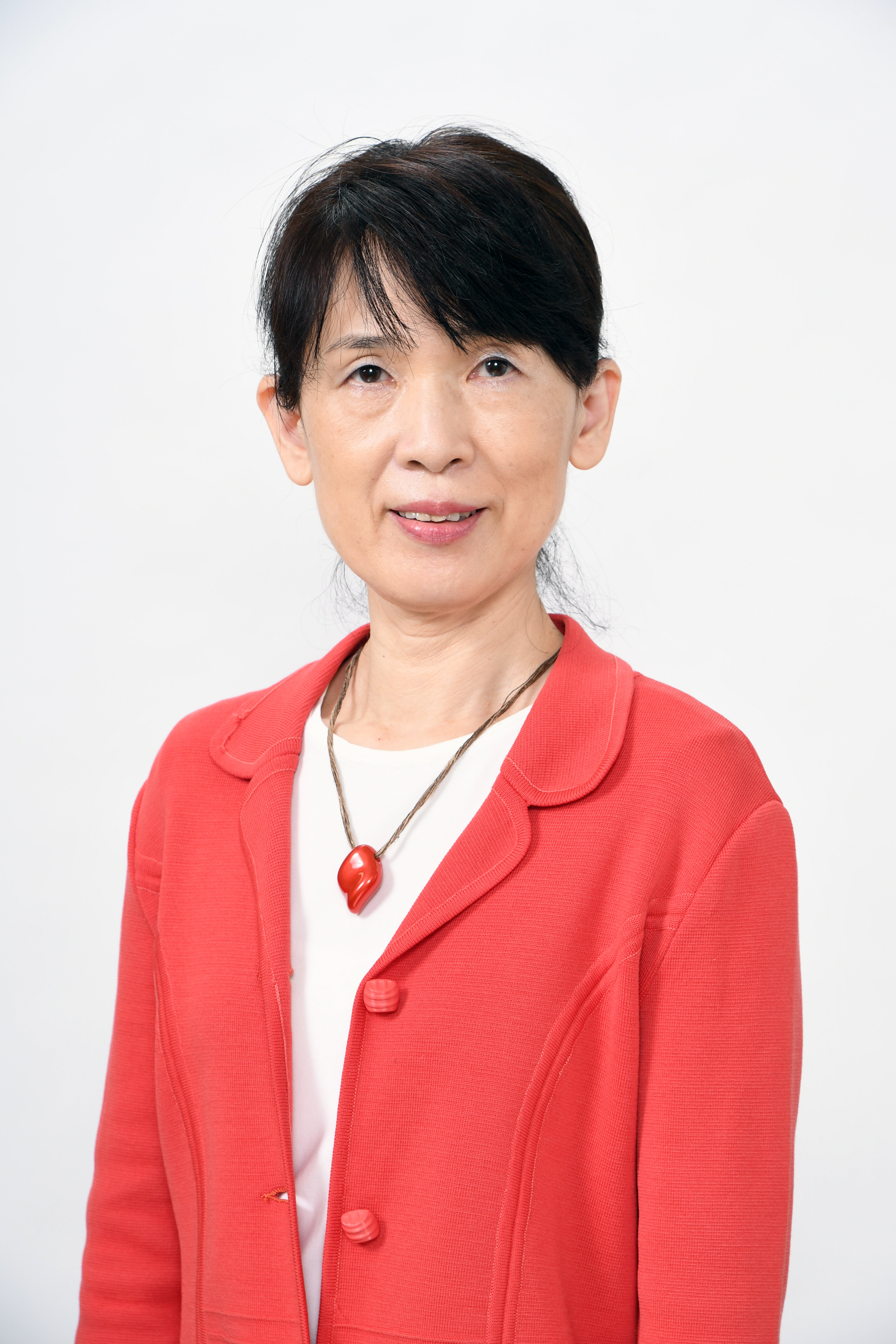
Kiyoko Sueda
- Seminar
- Cross-Cultural Communication
Addressing major topics that are dealt with in the realm of communication between different cultures, we will cultivate an understanding of the fundamental theories. Students will present their individual research topics and learn how to write a paper in preparation for their graduation thesis.
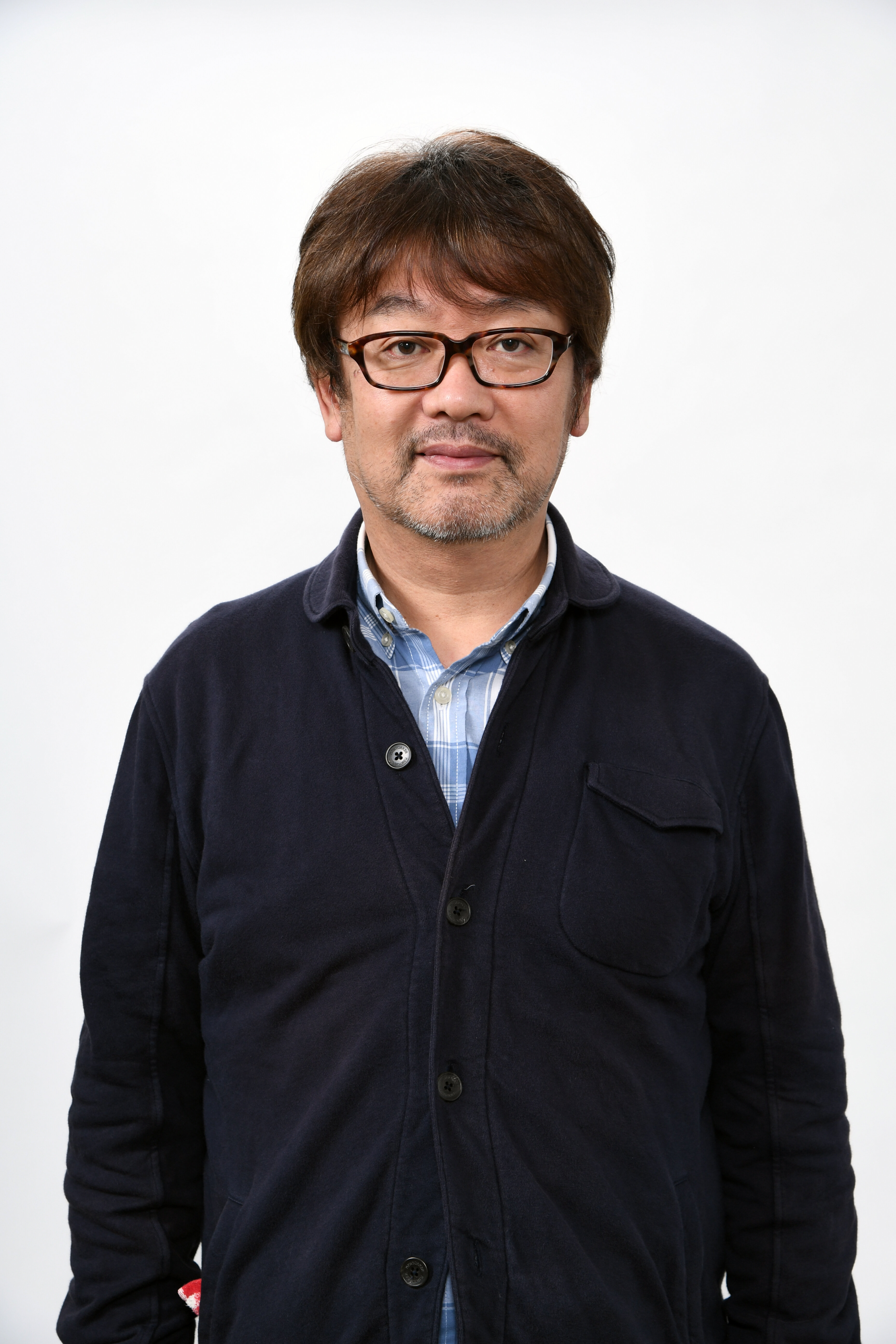
Katsuya Tasaki
- Seminar
- Cross-Cultural Issues from the Perspective of Comparative Studies
Our behaviors and thought patterns are shaped with a great deal of influence from society’s values and norms. We will consider these topics using the method of comparison.
John William Cheng
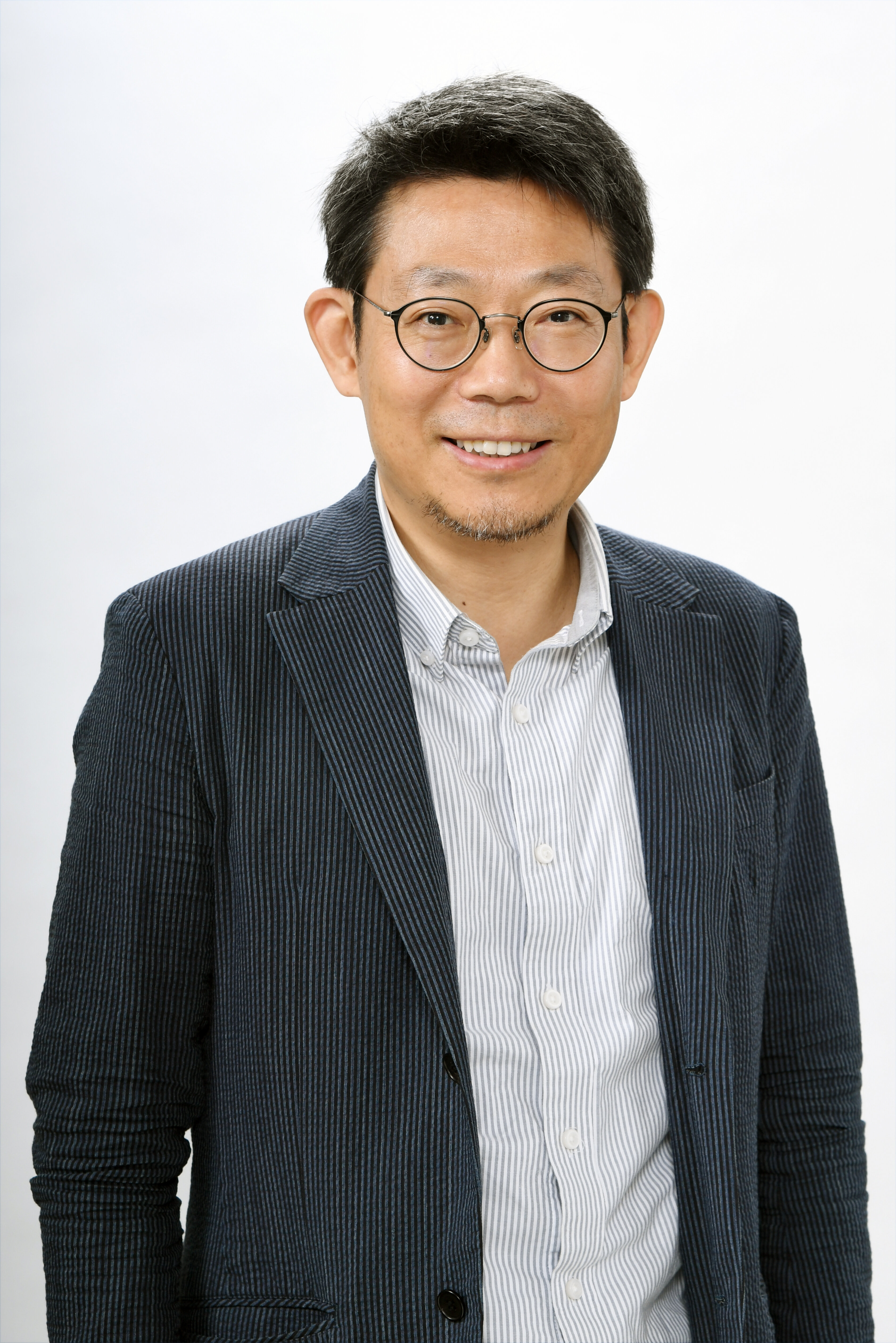
Jidong Chen
- Seminar
- Chinese Society and Culture
Students will learn fundamental information and research methods for a comprehensive understanding of China, and they will use this as a way to understand Japan and the world.
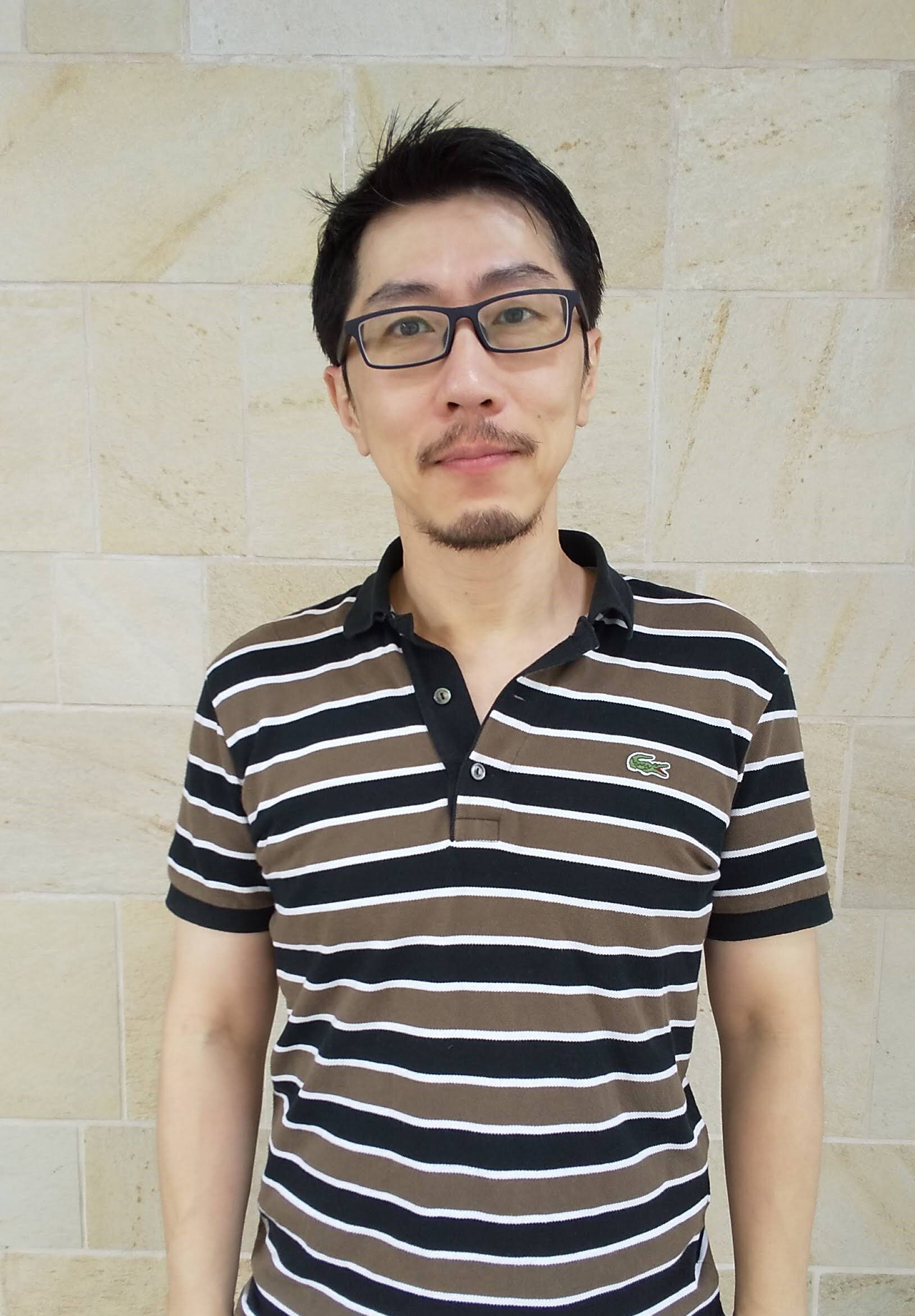
Kohei Nishimura
- Seminar
- Phonetic and Phonological Studies of Human Language
This seminar studies the theory of human language, especially in phonetics, phonology and their related areas. Students develop the ability to research and analyze linguistic phenomena in various languages.
Hiroshi Ichiki
Petr Podalko
- Seminar
- History and Culture of Eurasian Peoples in the Past and Present
Using the perspective of comparison with foreign countries, this seminar will examine the characteristics of Russian psychology, behavioral patterns, and the arts. We will consider imperial Russia, the Soviet Union, and the current Russian Federation in particular to culturally investigate each characteristic and its similarities and differences.
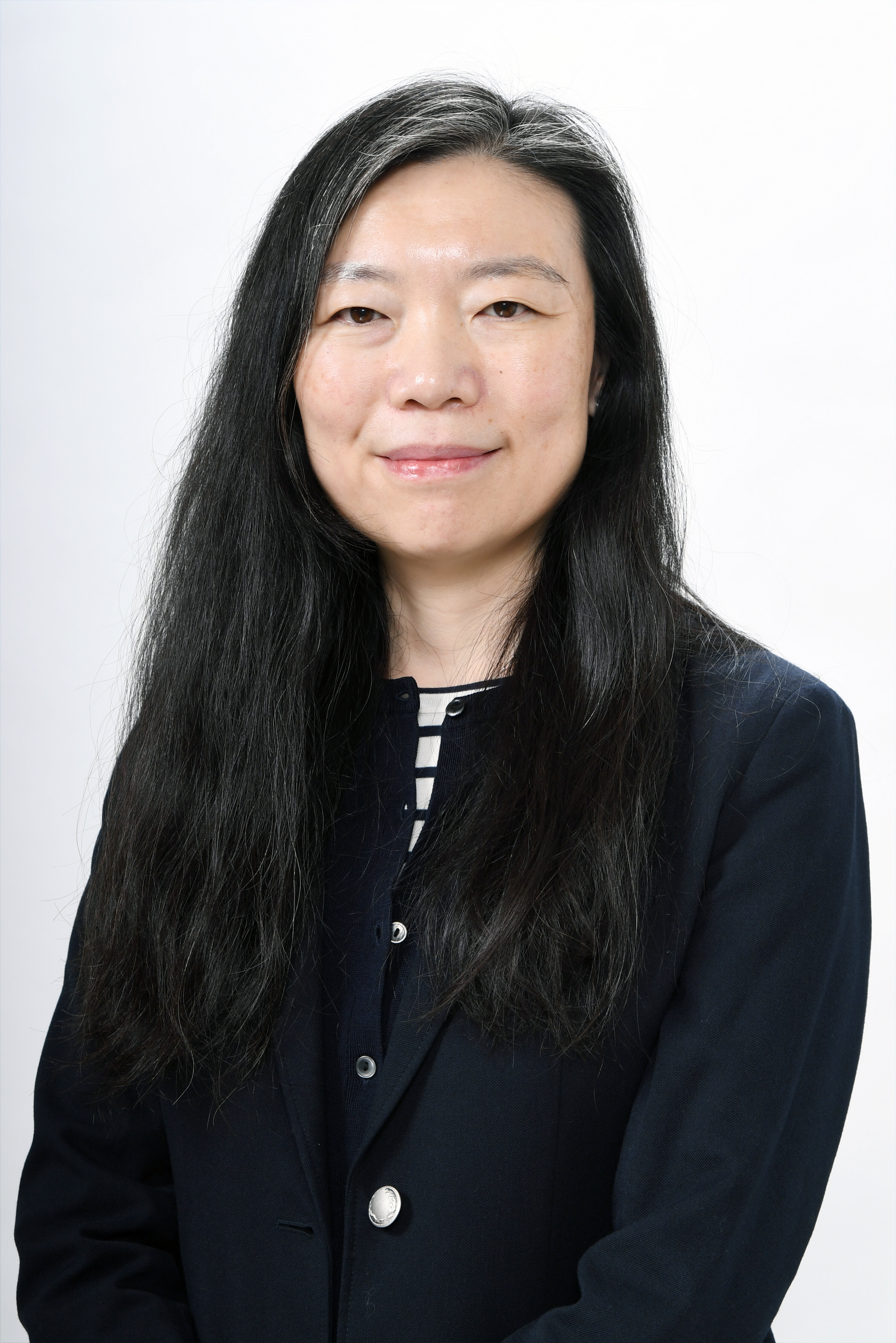
Chiaki Watanabe
- Seminar
- Cross-Cultural Examination of Modern Spanish Society
We will investigate how Spanish cultural and societal phenomena are represented and consumed by those of us in Japan who are both geographically and culturally distant from Spain.
Other Seminar Instructors
Chiaki Iwai
(Concurrent/affiliation: Graduate School of International Management)
- Seminar
- Corporate Management and the Creation of Values
By examining and researching business models, organizations, and marketing strategies that aim for sustainable development for a company’s future, students will develop the ability to create new value by discovering problem points on their own, reviewing solution proposals, and communicating them to third parties.
Munetaka Nakazato
(Concurrent/affiliation: Graduate School of International Management)
- Seminar
- Securities Market Analysis
Students will learn to ascertain the value of securities correctly and to cultivate a better understanding of the market within a state of affairs in which new securities transactions, such as derivatives, are starting to occur, and market innovation is anticipated due to the spread of the internet.
